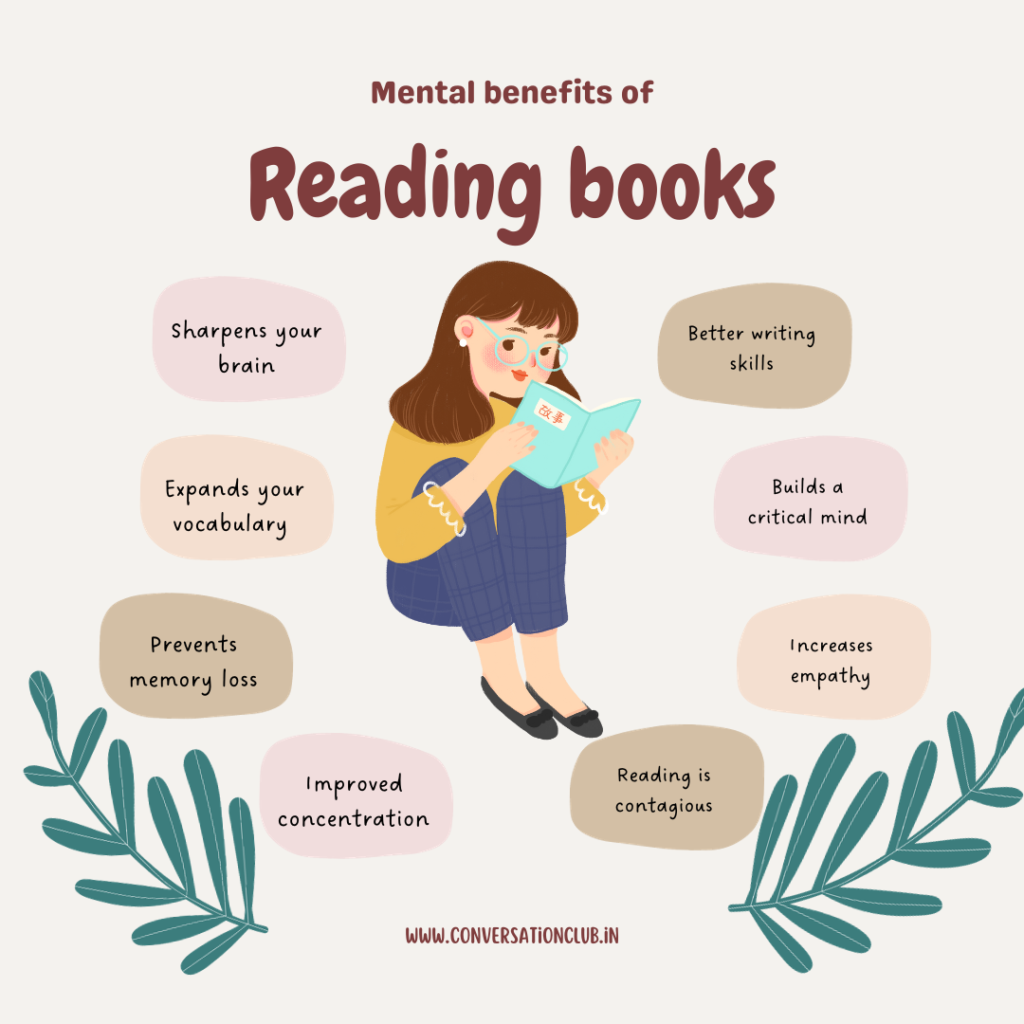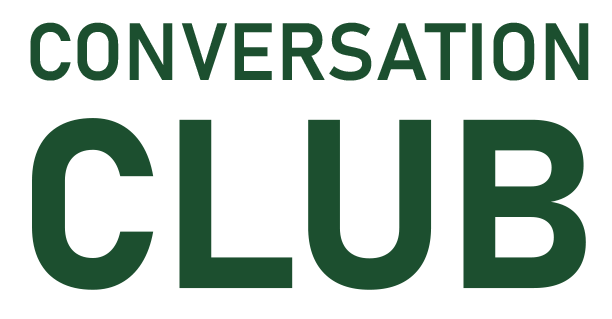When we read we open windows and doors. The exposure that books grant us, the perspective they help build, the imagination that is enabled, the intellectual caliber that is nurtured is unparalleled. Reading comes with immense benefits; especially when it comes to a child’s development, reading plays a critical role. However in the current era of endless online exposure, books seem to have lost their charm. Instead of reading an actual article, children are relying upon AI tools to summarize information for them. Busy schedules and over whelming academic expectations further add to the agony.
Here is a list of all that a child is missing out on by not picking up a book to read:

Vocabulary
Parents more than often feel that their kid is not able to express. Instead of using apt words in a sentence, children these days are relying more and more upon crutch words for basic communication. A paragraph would typically be an overdose of crutch words like ‘but’, ‘something’, ‘and’, ‘so’, ‘like’ and more. This is indicative of a weak vocabulary. Researches have proved that kids who are exposed to a language i.e. by way of reading, tend to have a wider vocabulary base. Those who read more, by way of a better developed vocabulary, have an intellectual advantage over their peers.
Expand the horizon
Reading imparts a whole new canvas of creativity. Learning and imagination go hand in hand. Exposure to unknown cultures, societies, traditions and varied characters bolsters the mind.
Writing skills
Reading more has a direct positive impact on the reader’s writing abilities. By stimulating imagination and imbibing details about the correct sentence structure, reading enables writing.
Knowledge & life skills
While the education system focuses largely upon academic – subject driven learning, reading outside the school curriculum, brings with it lessons about the real life. Practicalities of the outside world are introduced by these books. Complicated subjects, that might be otherwise difficult to deal with, can be seamlessly navigated through books.
Learn life through characters
Reading age appropriate books helps these young learners live vivaciously. Challenges faced by the characters helps readers connect with them. Problem solving skills too are developed and there’s an inclination to deal with day to day problems in a pragmatic way.
The CC program reading structure
At Conversation Club we are invested in inculcating reading as a habit. This is a rich experience and only with the help of right ingredients, complete benefits can be absorbed.
We begin with an assessment of areas and topics that spark interest. The passions once identified are nurtured through relevant discussions. Suitable reading material is simultaneously identified and sessions are customized around the subject. Gradually the learning base is expanded to include varied subjects and thus instill learning through a wider curriculum. Furthermore, trainers question the subjects read by the students, they review the paradigm of the material, promote analysis and unlock the content, thereby harnessing the critical thinking skills. A close eye is kept on the subjects being read, which is critical to ensure apt development of these young minds.


